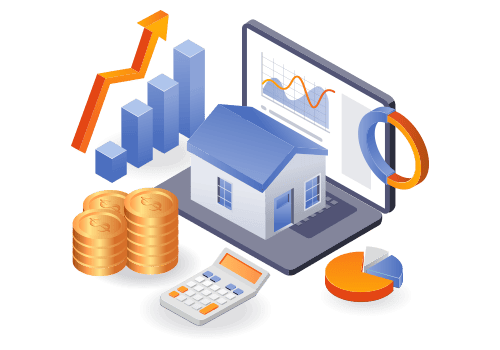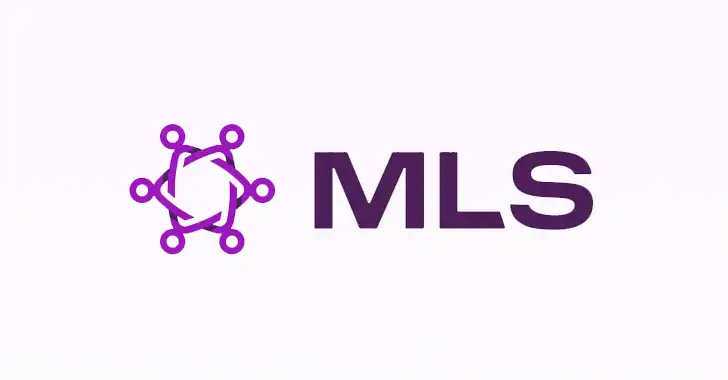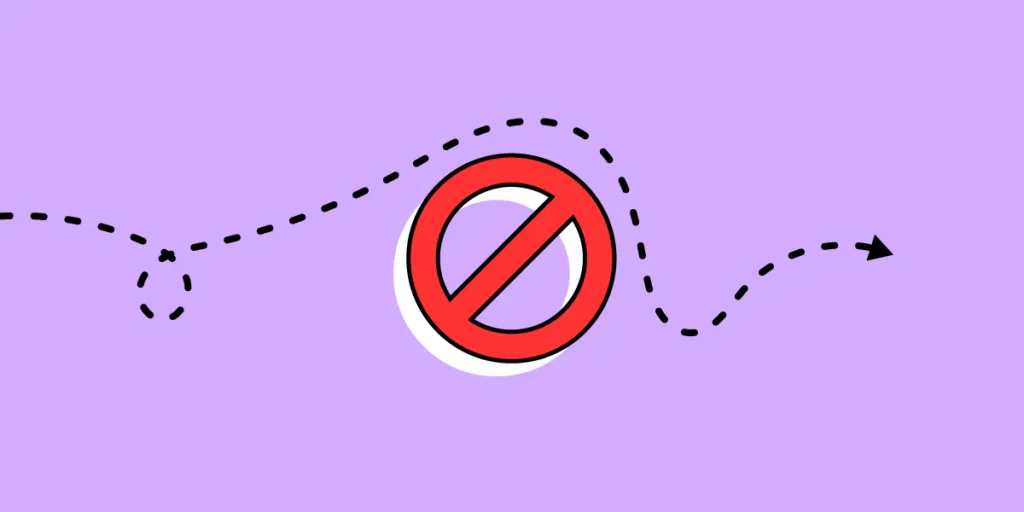In the digital age, real estate marketing has transformed into a lead-driven engine powered by data and automation. Multiple Listing Services (MLS) play a pivotal role in this evolution. When integrated into lead magnet funnels, MLS platforms act as both the source of valuable content and the mechanism for conversion. Understanding the integration of MLS into lead magnet strategies is essential for agents, brokers, and real estate marketers.
Overview
A lead magnet funnel is a marketing strategy designed to capture contact information from potential clients by offering them something valuable, such as an exclusive property list or market report. MLS platforms provide the data that powers these magnets, transforming listings into high-conversion assets.
Real Estate Development World
In the real estate development world, MLS data is indispensable. Developers use it to analyze market gaps, identify trends, and plan projects. When tied into lead funnels, this data can attract investors or potential buyers by showcasing early access to projects, upcoming listings, or exclusive opportunities.
Private Real Estate Networks
Private real estate networks often deal with high-end properties not publicly listed. When MLS functionality is integrated into lead magnet funnels, these networks can still capture leads by offering sneak peeks or off-market properties in exchange for user information.
Remote Real Estate Work
As the industry adapts to remote work, lead magnet funnels become crucial. MLS-based virtual tours, downloadable neighborhood guides, and voice-search-enabled property searches can all serve as effective lead magnets, engaging clients wherever they are.
The MLS Concept
MLS is a cooperative system that allows brokers to share property listings. By connecting to these databases, real estate professionals can create dynamic, accurate, and timely content for lead magnets, from automated listing alerts to comprehensive area reports.
Needed Training Courses
To leverage MLS effectively in lead funnels, professionals need training in digital marketing, CRM tools, and MLS platform navigation. Courses in content marketing and lead generation also empower agents to build successful funnels.
Needed Certifications
Certifications like e-PRO from the National Association of Realtors, digital marketing certifications from Google, or CRM-specific badges increase an agent’s competence in using MLS in lead generation strategies.
Onboarding Programs for New Agents
Modern onboarding for new agents must include modules on using MLS as a content source for lead magnets. Understanding how to create listing-based email campaigns, reports, and landing pages is essential.
MLS Agent Onboarding Processes
These processes should train agents on syncing MLS data with marketing platforms. From setting up IDX feeds to automating alerts, the onboarding experience must prioritize lead funnel integration.
MLS Platforms
Platforms like Zillow, Realtor.com, and Redfin act as public-facing MLS extensions. Agents can build lead magnets that integrate these platforms’ data to capture and nurture potential clients through tools like saved searches, alerts, and home valuation offers.
Optimizing MLS
Optimizing MLS for lead funnels involves using targeted language in listings, including rich visuals, and integrating with CRM and marketing automation platforms. Property listings become magnets themselves when optimized for SEO and user relevance.
Artificial Intelligence
AI enhances lead funnel performance by analyzing user behavior and tailoring MLS data delivery accordingly. AI chatbots can suggest listings, answer questions, and guide users through funnels while collecting valuable data.
AI Matching Buyers with Ideal Neighborhoods
MLS data, when enhanced by AI, can match users with neighborhoods based on their search habits, demographics, and preferences. This personalized experience makes the lead magnet offer far more compelling.
Analytics – Economic Impact
The integration of MLS into lead funnels improves conversion metrics, reduces cost-per-lead, and increases ROI. Analytics tools track lead origin, behavior, and engagement, offering real-time insights for economic forecasting.
Data Quality Management
To maintain the integrity of lead magnets, MLS data must be up-to-date, consistent, and accurate. Inaccuracies can damage trust and hinder lead conversion. Data cleansing and validation processes are essential.
Intelligent Listing Alerts Based on Market Movement
Automated MLS-based alerts that respond to market conditions, like price drops or new listings, are powerful lead magnets. Users sign up to stay informed, providing contact details in exchange for high-value, timely information.

The Role of MLS in Lead Magnet Funnels
MLS forms the backbone of effective lead magnet funnels by providing valuable, real-time content that attracts and engages users. Whether it’s exclusive listings, neighborhood insights, or market data, MLS fuels the value exchange that is central to successful lead capture. By embedding MLS data into landing pages, email drips, and social media campaigns, agents can create dynamic funnels that respond to user behavior and convert at higher rates.
Data Security Standards
Handling lead data responsibly is crucial. MLS-integrated systems must comply with data protection laws like GDPR and CCPA, ensuring secure data storage, encrypted transmission, and transparent data usage policies.
Personalization Features
MLS integration enables hyper-personalized lead magnets. Based on a user’s search history or preferences, platforms can deliver customized content, such as “3-Bedroom Homes Under $500K in [City]”—enhancing engagement.
User Experience Design
Lead magnets powered by MLS should feature intuitive interfaces, quick search functionality, and visually appealing formats. A seamless user journey encourages sign-ups and reduces friction in the conversion path.
Usability Testing
To ensure effectiveness, MLS-integrated lead funnels should undergo regular usability testing. Real user feedback helps identify and fix bottlenecks, ensuring optimal performance and user satisfaction.
Property Valuation Tools
Free home valuation tools linked to MLS data are popular lead magnets. Users input their address, and the system returns an estimate, capturing leads through a seamless process.
MLS Tools for First-Time Homebuyers
First-time buyers need guidance, and MLS-backed tools can offer that through checklists, FAQs, and tutorials. These resources, delivered via gated content, serve as effective lead magnets.
Split-Screen MLS Views for Property Comparisons
Interactive features like split-screen property comparisons enhance the value of MLS data, encouraging users to share contact information for access.
Machine Learning Models
Machine learning analyzes user interactions with MLS listings to refine lead funnel strategies. It suggests content variations and timing, improving overall lead quality.
Process Improvement
Integrating MLS with CRM and automation platforms improves lead management, response time, and nurturing workflows, enhancing overall process efficiency.
Innovation Hubs
Real estate innovation hubs use MLS data in experimental lead funnels to test new formats like voice search sign-ups, AI chat assistants, or AR-based property previews.
Review and Reputation Systems
MLS-based platforms that include agent and property reviews can be used in lead funnels to build trust. “Top-Rated Homes in [City]” is an example of a magnet that offers high-conversion potential.
Venture Capital Investments
Tech-forward real estate companies using MLS in lead funnels attract venture capital by demonstrating scalable, data-driven marketing models with strong unit economics.
Business Model Innovation
MLS integration allows for innovative business models, such as freemium access to MLS-based tools, pay-per-lead systems, or community-driven property curation platforms.
Market Trend Predictive Modeling
Lead magnets offering predictive market reports or trend analysis based on MLS data position agents as thought leaders and provide real value in exchange for contact details.
Operational Efficiency Solutions
Automating MLS-based lead magnets reduces manual work, speeds up response times, and increases the consistency of marketing efforts, improving operational efficiency.
Professional Development
Ongoing training in MLS platform updates, lead magnet trends, and digital tools ensures agents stay competitive. Professional development programs should include hands-on sessions in lead funnel creation.
Frequently Asked Questions
What is a lead magnet funnel?
A strategy that offers value (like property lists) in exchange for contact information.
How does MLS support lead generation?
It provides accurate, real-time listings that attract users seeking property information.
Can I use MLS data in email marketing?
Yes, through IDX feeds or export tools, MLS data can be integrated into email campaigns.
Is MLS data secure for lead magnets?
As long as the platform complies with data laws and uses secure integrations, yes.
What tools do I need to build an MLS-integrated lead funnel?
CRM, marketing automation software, IDX plugins, and lead capture forms are essential.
The integration of MLS into lead magnet funnels is revolutionizing how real estate professionals attract, engage, and convert leads. By using MLS data creatively and responsibly, agents can provide real-time value that resonates with modern consumers. Whether you’re offering market reports, property alerts, or valuation tools, MLS remains the engine behind effective, scalable, and profitable lead generation strategies in the real estate industry.













